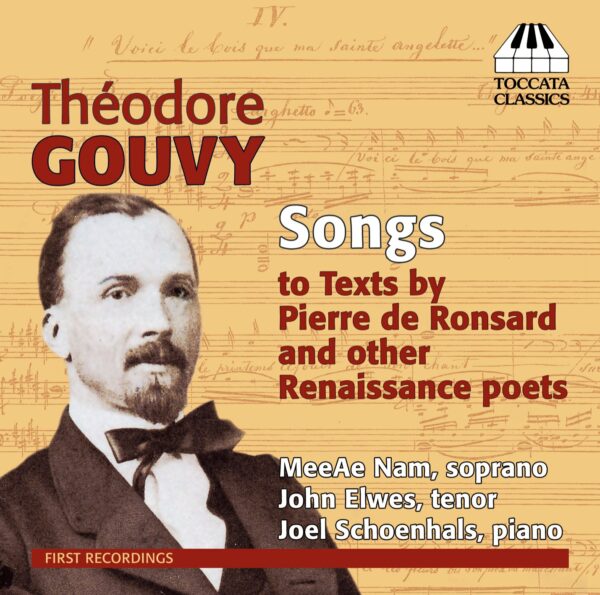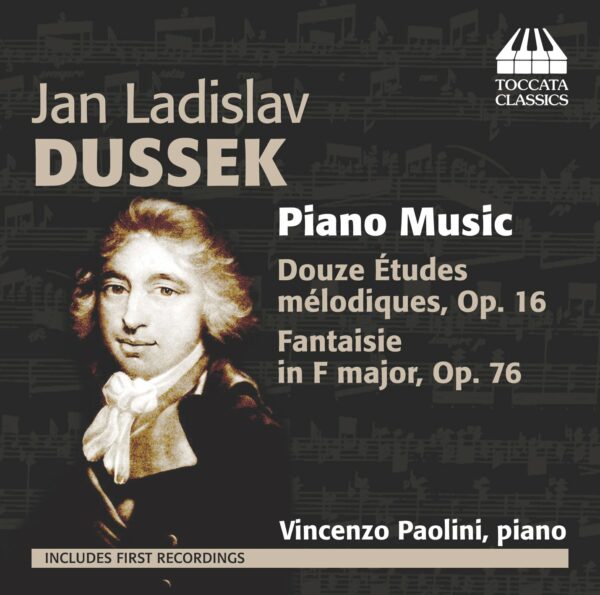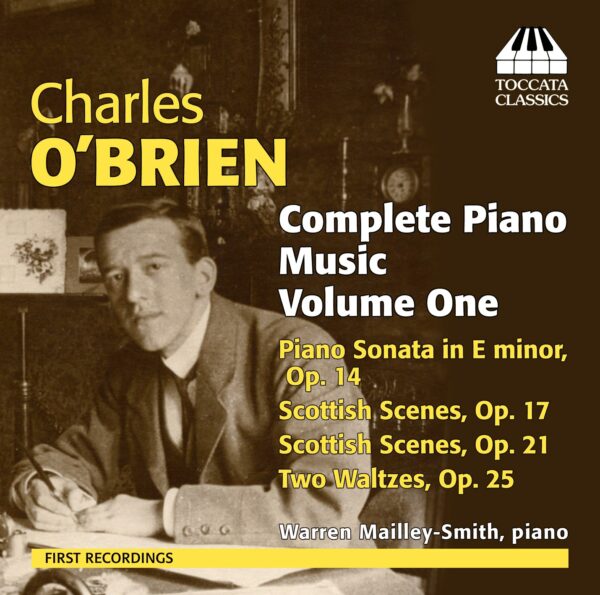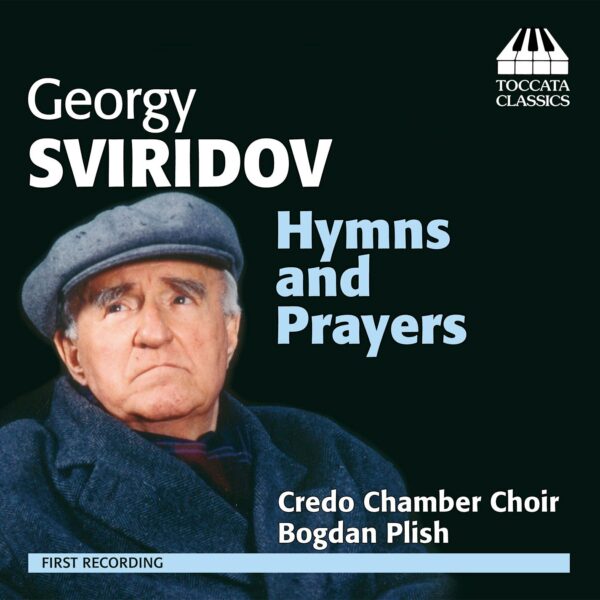Ernst Mielck: Orchestral and Choral Works
The early death of the Finnish composer Ernst Mielck, in October 1899, two days before his 22nd birthday, robbed music of an extraordinarily gifted musician — he was also a fine pianist — and perhaps one of the major voices of the next generation: the rapid evolution in his language in the three years covered by this CD is striking. The two overtures and cantatas make clear that he was already a gifted composer in the post-Schumann Romantic tradition, and the Finnish Suite written in the last year of his life brings a striking simplification of his textures and what seems to have been a nascent nationalism.
Juha Kotilainen, baritone
Academic Male-Voice Choir of Helsinki, choir
Lyran Academic Female-Voice Choir, choir
Kampin Laulu Chamber Choir, choir
Kari Turunen, chorus-master
Helsinki University Symphony Orchestra, orchestra
Mikk Murdvee, conductor
Listen To This Recording:
- Macbeth Overture, Op. 2 (1896)
- Altböhmisches Weihnachtslied (‘Old Bohemian Christmas Song’), Op. 5 (1897)
- Dramatic Overture, Op. 6 (1898)
- Altgermanisches Julfest (‘Old Germanic Yule Feast’), Op. 7 (1899)
- I Lento – Allegro – Lento
- II Allegretto grazioso
- III Scherzo
- IV Andante
- V Finale: Vivace
Finnish Suite, Op. 10 (1899)





Classical Lost and Found :
‘Early in 1899 he moved to Switzerland for health reasons, but the Grim Reaper caught up with him there and he died before the year’s end, leaving only a handful of works. These include a symphony (1897), which preceded Jean Sibelius’ initial effort in the genre by two years, making it the first by a Finnish composer. Judging by it and the five selections on this release, one can’t help feeling Jean might have had some serious competition had Ernst lived to a ripe old age. …’
—Bob McQuiston, Classical Lost and Found
Fanfare Magazine :
‘The Macbeth Overture, op. 2, completed when Mielck was just 19, is a totally assured, compelling work that bears comparison with Schumann’s Manfred Overture or Brahms’s Tragic Overture, both in structural terms and in character… The music exudes dark intensity and Brahmsian weight, capped by a swashbuckling ending that Korngold might have written.’
—Robert Markow, Fanfare Magazine
American Record Guide :
‘He was the first Finnish composer to have a program dedicated entirely to his works, in Berlin shortly before he died… This program offers a good cross-section of his work. …Mielck’s music, especially in orchestral technique, shows audible growth from piece to piece. The performances of all the works are able and spirited, with good recorded sound.’
—Don O’Connor, American Record Guide
Peter Shott :
A fascinating and very welcome disc. I do hope Toccata might be recording Mielck’s String Quartet in G minor, Op. 1. To the best of my knowledge the Quartet has never been recorded, and given that Max Bruch praised it I’m sure it is fully deserving of a recording.
Edward Clark :
There can be little doubt that the symphony spurred Sibelius on to write his first abstract symphony. While however the Mielck work is indebted to his teacher Bruch the Sibelius is much more individual. I suspect that, despite Mielck’s talen,t he would have remained in Sibelius’s shadow into his maturity. But his new CD is invaluable to cast more light on the first Finnish prodigy (which Sibelius certainly was not) whose life was so cruelly cut short Bravo to Toccata Classics. This is another winner.
Edward Clark
MusicWeb International :
‘The performances are very satisfactory, […]. The sound is good, the choirs are particularly well recorded.’
—David Barker, MusicWeb International
MusicWeb International :
‘The Macbeth Overture is a smoothly sophisticated work […]
Altböhmisches Weihnachtslied for choir and orchestra is a pleasant listen with some engagingly silvery singing from the women […]
…the Finnish Suite with a curvaceous nationalist solo for the clarinet, bright-eyed Karelian jollity, a sentimental stately andante, a rousing vivace with French horns rampant and gawky humour. As with all the pieces here the recording has been well done with plenty of impact and a nice spatially affluent sound-image.’
—Rob Barnett, MusicWeb International